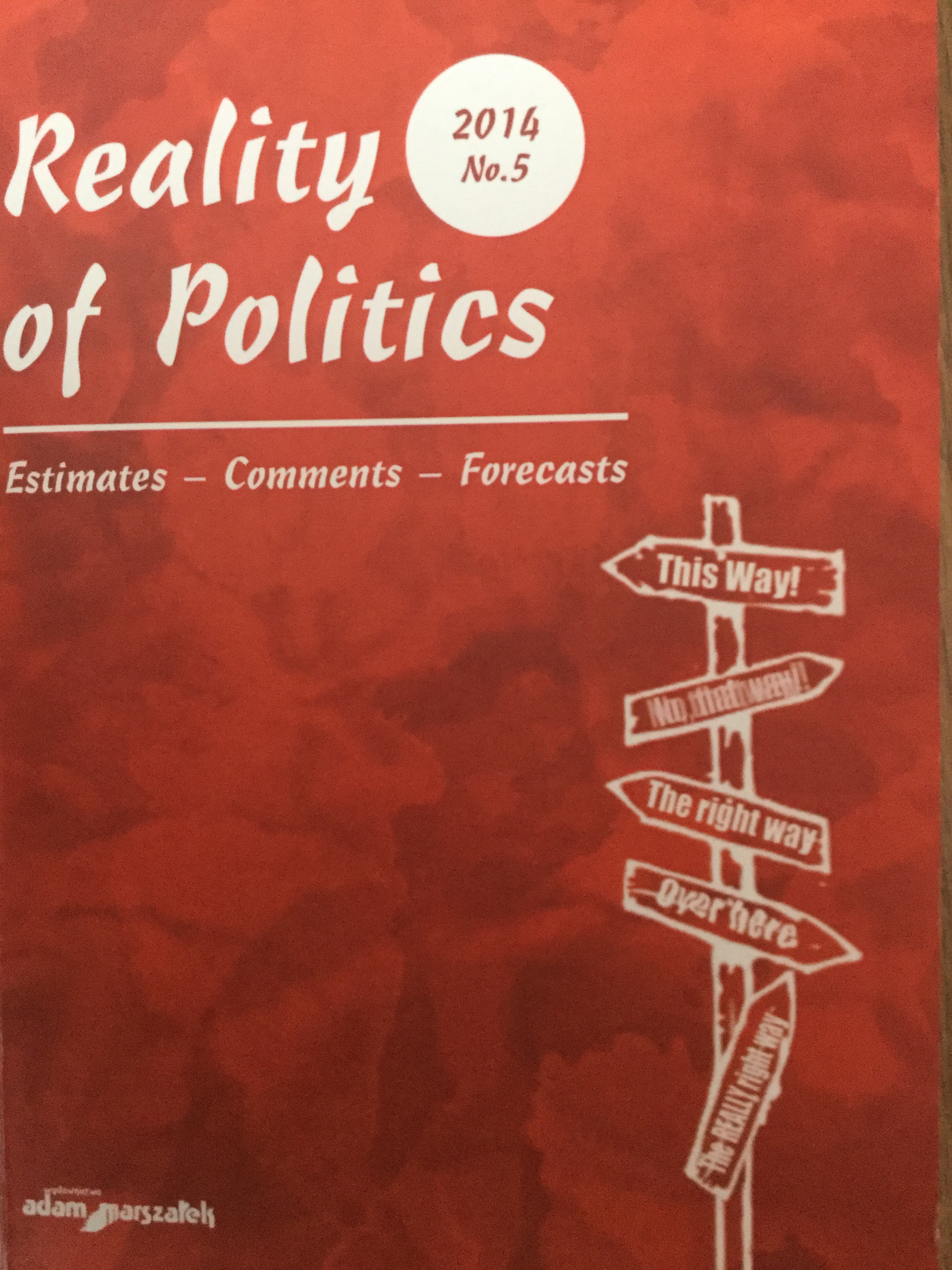A Historiographical Review of Studies on Sino-Indonesian Relations during the
Early Stages of the Cold War, 1949-1967
A Historiographical Review of Studies on Sino-Indonesian Relations during the
Early Stages of the Cold War, 1949-1967
Author(s): Yanjie GaoSubject(s): Politics / Political Sciences, History, Social Sciences, Economy, Law, Constitution, Jurisprudence, Geography, Regional studies
Published by: Wydawnictwo Adam Marszałek
Keywords: The Cold War; Azja; International Relations;
Summary/Abstract: The Cold War in Asia was certainly much more dynamic that merely a confrontation between the American-led Western bloc against the Sino-Soviet bloc. In addition to the broader Cold War context, there were the relations between the respective Cold War belligerents and the newly emerged Asian states. Indonesia and Vietnam for instance had served as both prizes and battlegrounds for this Cold War confrontation. And as this essay suggest, neither was the Sino-Soviet bloc of one mind in their approach toward Indonesia. The conflict between the PRC and the Soviet Union over Indonesia was certainly as intense as the conflict between the PRC and the United States. A review of Sino-Indonesian relations offers a glimpse of how much more involved and dynamic the Cold War had been in Southeast Asia. Research on Sino-Indonesian relations between 1949 through 1965, which was basically the Sukarno period, has made considerable progress in the recent decades. Until the declassification of archival materials in China and former communist countries in Eastern Europe following the end of the Cold War, the history of the international relation of Indonesia had been largely written and understood from the Western perspectives. The opening of archives in these countries provided important correction to the speculations concerning Communist policies and perspectives on the part of Western scholars. This is especially true with the declassification of the Chinese Foreign Ministry archival documents. Since the opening of the Foreign Ministry archives in the PRC some two decades ago, Chinese scholars have produced many important studies on various aspects of Sino-Indonesian relations. Chinese interest here is understandable: Indonesia lay in what the Chinese had traditionally regarded as the ‘southern sea’ and, indeed, the PRC had invested much diplomatic in trying to win Indonesia over. That effort, however, was abruptly halted when the Indonesian military ousted Sukarno in the coup in 1965. Apart from aiming to understand that misadventure, Chinese scholars were also eager to provide their side of the story. Despite the commendable progress in the field, there is still much lacuna in the historiography that needs to be filled. Sustained interest and further research in the topic, building upon what has already been done, is certainly the way forward.
Journal: Reality of Politics. Estimates - Comments - Forecasts
- Issue Year: 2014
- Issue No: 5
- Page Range: 183-209
- Page Count: 27
- Language: English

